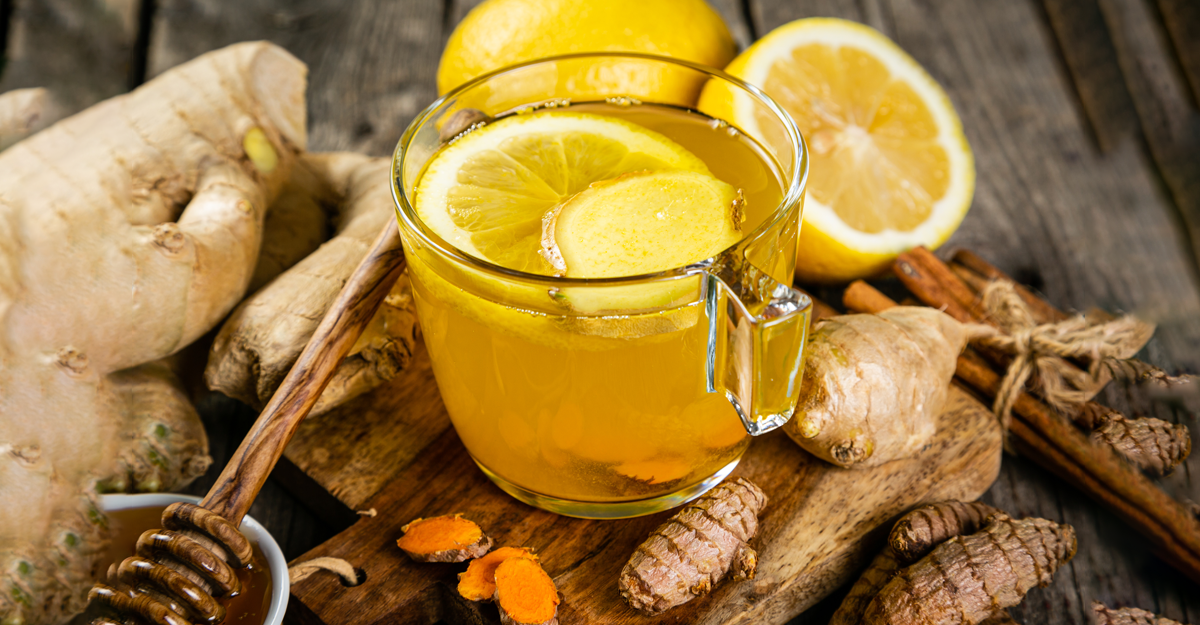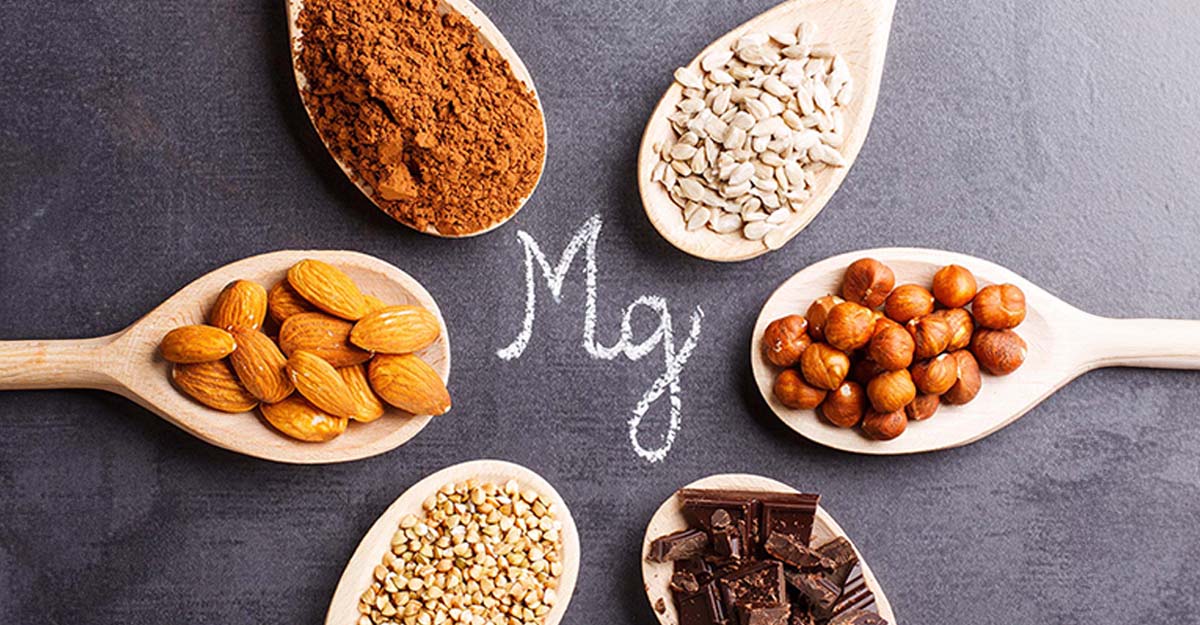
I love chocolate. Forget the chips and candy…chocolate is #1 for me. I eat a extremely large healthy amount of chocolate every day and will likely do so until my metabolism catches up with me.
If you’re a chocolate lover, like me, you might be happy to know that there are some health benefits to chocolate. Here are eight.
8 Health Benefits of Chocolate
- A healthier heart. Dark chocolate is full of flavonoids, antioxidant compounds that promote healthy veins and arteries. These antioxidants may also help increase blood blow to the heart, lower blood pressure and reduce the risk of blood clots. Now, it’s important to note that dark chocolate is the chocolate with health benefits. You may have heard about dark chocolate and antioxidants. However, that does not mean you can eat a Reese’s Peanut Butter Cup and say it’s healthy because it’s full of “protein & antioxidants.” Although, wouldn’t that be great?
- Weight loss. When I first read this one I was skeptical but researchers have found that dark chocolate may help a person feel more satisfied after eating. A person who eats dark chocolate may have fewer cravings for sweet, salty junk foods which in turn could lead to weight loss. This doesn’t mean that you should replace an entire meal with dark chocolate but a piece or two after should be enough to satisfy your cravings.
- Reduced stress. I am not trying to promote emotional eating here but there is some benefit to eating some chocolate when you’re in a bad mood or having a bad day. When a person experiences stress their body secretes the stress hormone cortisol. One Swiss study suggested that stressed or anxious people who ate dark chocolate every day for two weeks had significantly reduced levels of this hormone. Again, the key here is moderation. A few pieces of dark chocolate every now and then may help reduce your overall stress.
- Higher intelligence. I’m a little skeptical of this one because I eat enough dark chocolate where if this is true, I should be the next Einstein. However, some research suggests that when you’re under pressure at work or at school a piece of dark chocolate can help boost blood flow to the brain for 2-3 hours which may help boost your brain power.

- Cough relief. Chocolate contains theobromine, a chemical that may help calm and quiet coughs. One study found that chocolate worked nearly as well as a codeine cough syrup. Bonus points to chocolate for tasting MUCH better than any cough syrup you may find at the store.
- Decreased stroke risk. A Swedish study found that women who ate more than 45g of chocolate a week had a 20% lower stroke risk compared to women who ate fewer than 9g a week.
- Improved vision. I mentioned that chocolate can help improve blood flow to the brain. This improved blood flow may also help improve vision.
- Skin protection. The antioxidants found in dark chocolate may offer some protection from UV damage. This doesn’t mean you can eat a bag of dark chocolate and skip the sunscreen completely but a few pieces could help give you extra protection in addition to your natural sunscreen.
Choose Your Chocolate
Like most things in life, all chocolate is not created the same. Dark chocolate will give you the health benefits listed above. You want to be certain to look for a few different things
- Make sure the chocolate contains > 60% cocoa.
- The chocolate should be made from cocoa butter instead of fats such as palm & coconut oils.
- The chocolate should not contain hydrogenated or partially hydrogenated oils.
- Darkers is better: phytochemicals contribute to pigment. More flavonoids means darker chocolate and potentially greater health benefits.
- Chocolate is only as good as its ingredients ; look for dark chocolate made from organic or fairly traded cocoa beans.
Now you don’t have to feel guilty about eating chocolates from your Valentine this holiday. As always, remember to enjoy in moderation!
Related articles
 Why chocolate is good for you
Why chocolate is good for you What Percentage of Dark Chocolate is Healthy
What Percentage of Dark Chocolate is Healthy Top 10 Health Benefits of Dark Chocolate
Top 10 Health Benefits of Dark Chocolate How to fit some Valentine’s Day chocolate into a healthy lifestyle
How to fit some Valentine’s Day chocolate into a healthy lifestyle
* These statements have not been evaluated by the Food and Drug Administration. The products mentioned are not intended to diagnose, treat, cure, or prevent any disease.






